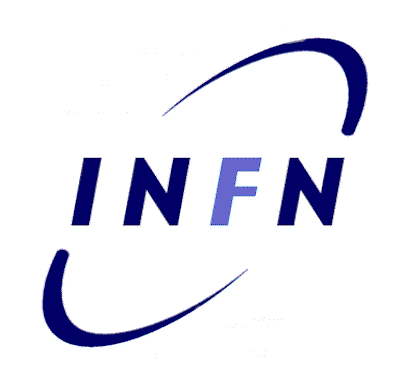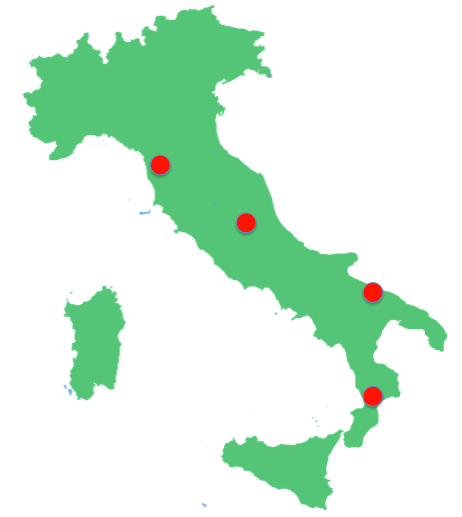NPQCD
Non-Perturbative QCD
Understanding the properties of strong interactions at large distances and in extreme conditions
Abstract
Quantum Chromodynamics (QCD) is the theory which describes the
interactions of quarks and gluons and how they bind together to form
the hadrons we see in experiments. The theory is strongly interacting
in the low energy regime, so that many aspects of QCD need a
non-perturbative approach. Our non-perturbative investigation
instruments are represented by numerical simulations of QCD on a
Euclidean space-time lattice, which allow to approach the problem
based on first principles, complemented by the study of effective
models. Our main intents are to study several non-perturbative issues
in QCD and in QCD-like theories, mostly related to the phase diagram
at finite temperature and density and to the dynamics of color
confinement-deconfinement. Our investigations are performed using
state-of-the-art supercomputing resources and computational techniques.
The main items of our research program are the following:
- the mechanism of color confinement, with a focus on the study of flux tubes in QCD at zero temperature and around the deconfinement transition, and on the degrees of freedom relevant to the deconfinement phenomenon;
- topological properties of strong interactions, with interest on issues related to the dependence of QCD and QCD-like theories on the topological theta parameter at zero and finite temperature, and a focus on axion phenomenology;
- the phase diagram of QCD at finite temperature and finite density, with a focus on the determination of the pseudocritical line for real chemical potentials, on higher order fluctuations of conserved charges and on their comparison with phenomenological data;
- QCD under the influence of external background fields, with a focus on the properties of the Quark-Gluon plasma in uniform and non-uniform chromomagnetic and/or electromagnetic backgrounds;
- Development of new algorithms to approach computationally difficult problems. Exploration of computational architectures at the frontier of HPC.


